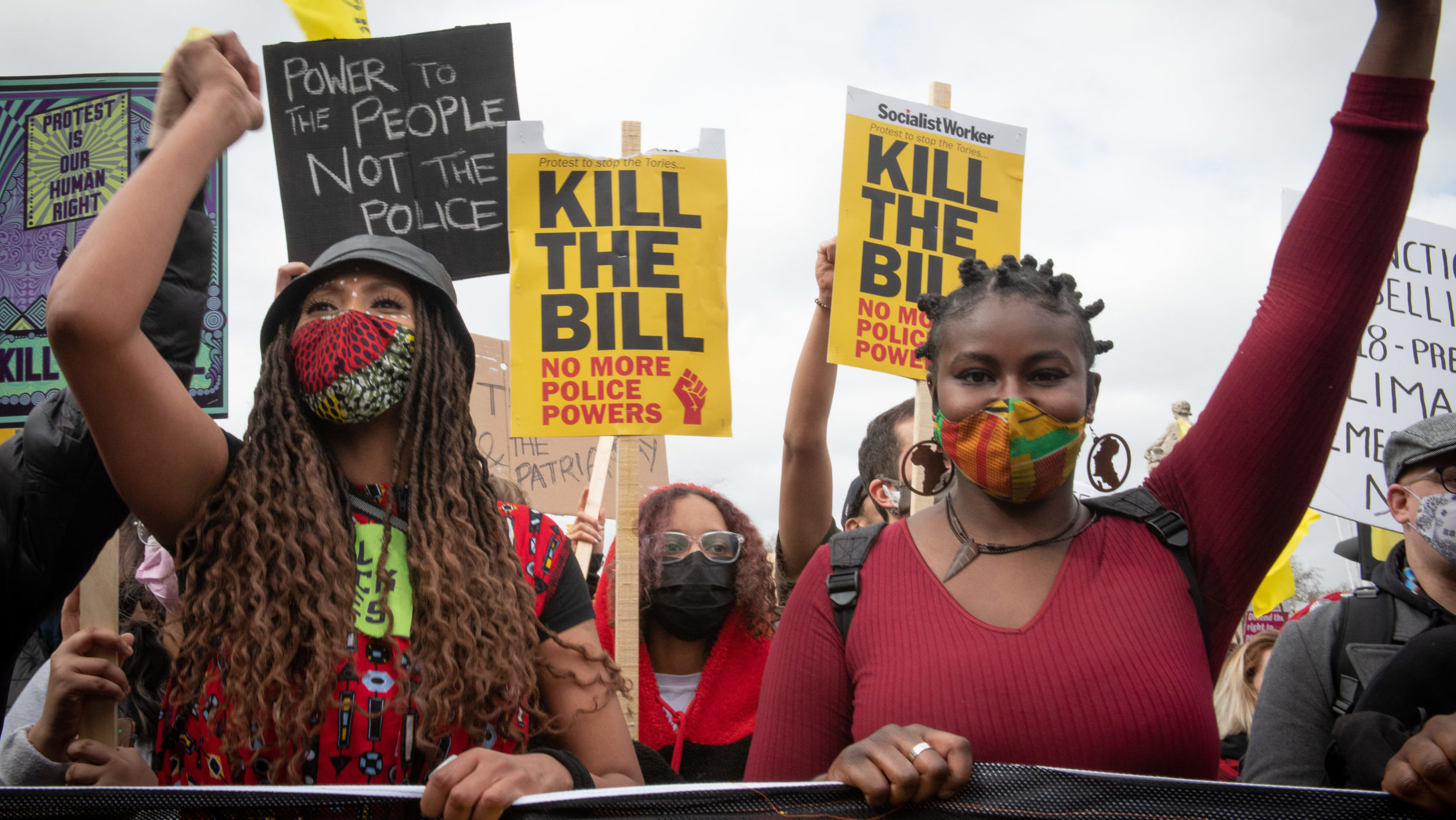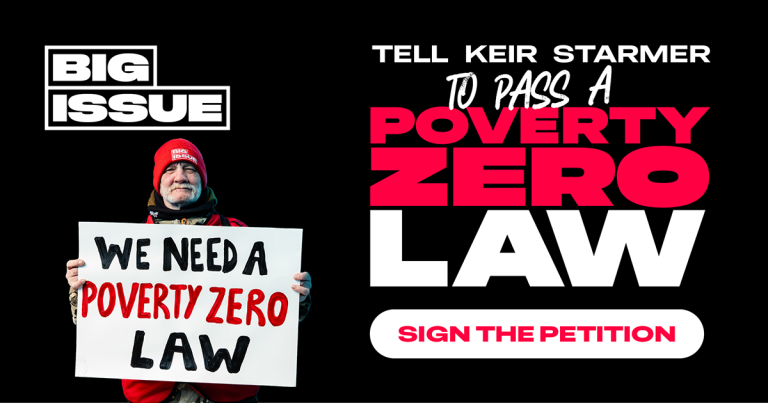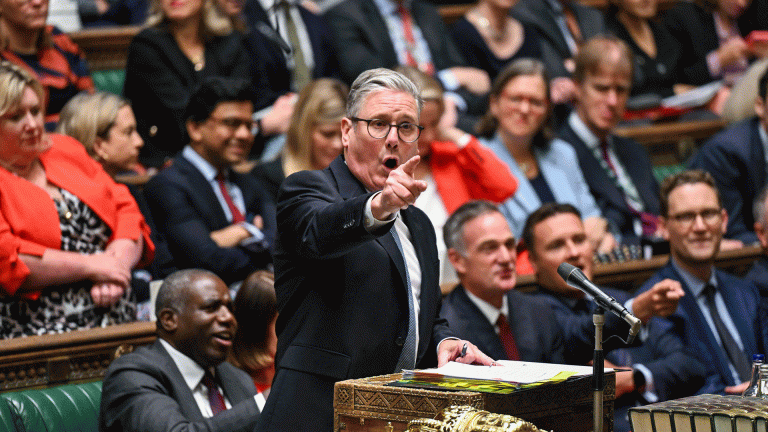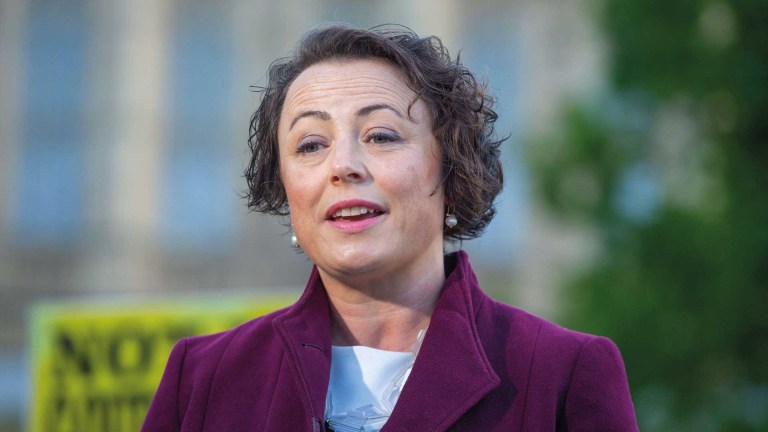The government faced a landmark 14 defeats in the House of Lords last night as peers voted to reject controversial anti-protest measures in the Police, Crime, Sentencing and Courts Bill.
Measures such as making “locking on” a crime, restricting protests for being too noisy, and giving police the power to stop and search without suspicion, were thrown out by peers who stayed late into the night. It comes after widespread protests over the “draconian” proposals.
The government is, however, able to introduce some of the measures back into the House of Commons at a later date.
Following a weekend where thousands of protesters marched in “Kill the Bill” demonstrations across the country, Lib Dem, Labour, and Green peers voted as a bloc to inflict an embarrassment on the government.
The government – which had inserted a number of amendments into the bill late in its parliamentary journey – was defeated on every single vote of the night.
Key anti-protest measures voted down included “Serious Disruption Prevention Orders”, which would have stopped certain people going to protests, associating with certain people, and using the internet in a certain way.









